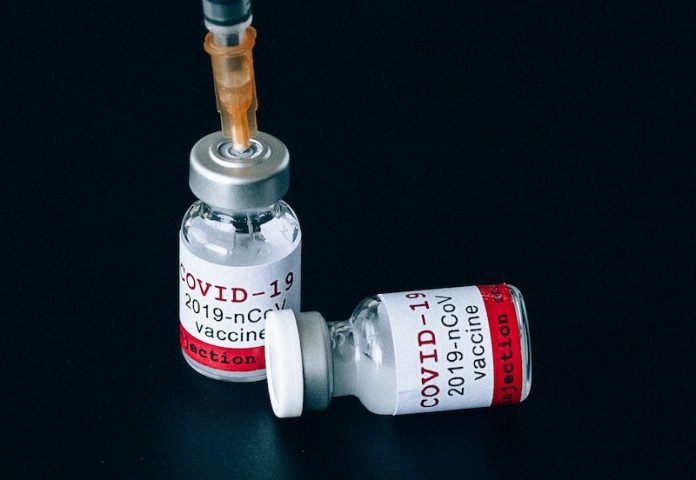
In a new study, researchers suggest that people with serious mental illness should be given priority access to a COVID-19 vaccine when one becomes available.
The research was conducted by a team at the University of Queensland.
Studies have shown people with serious mental illness are more likely to be infected by the COVID-19 virus and have higher rates of hospitalization due to medications, poorer general health, reduced access to medical care, lower socio-economic status, overcrowding, smoking and obesity.
Once infected, they are also more likely to have poorer health outcomes and higher death rates compared with the general population.
The team says that this vulnerable group should be prioritized when the vaccination roll-out begins roll-out begins.
But people with serious mental illness may not be as willing to adopt preventative measures, such as vaccinations.
They may also be less likely to see vaccines as safe, and more likely to believe that the vaccine itself can cause the illness.
The researchers suggest that using existing physical health programs and administering vaccinations from mental health clinics may help increase uptake.
Mental health professionals are uniquely skilled to help educate people with serious mental illness and can deliver individualized and clear messaging based on the barriers to vaccination.
They can play a key role in advocating for priority access to a COVID-19 vaccination for those with serious mental illness, as well as facilitating its uptake.
One author of the study is Professor Dan Siskind.
This research is published in JAMA Psychiatry.
Copyright © 2020 Knowridge Science Report. All rights reserved.



